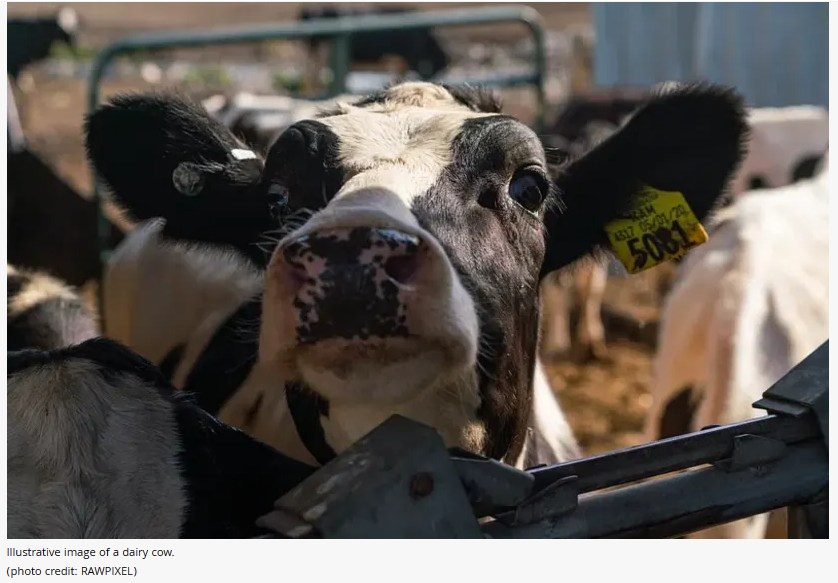Dairy cows in Texas, Kansas, and New Mexico fell sick due to the bird flu, the latest case of the virus spreading to mammals, the US Department of Agriculture, the Food and Drug Administration, and the Centers for Disease Control and Prevention (CDC) said Monday.
Federal and state officials are working to conduct additional testing and sequence the genome of the samples to get a better understanding of the situation. The USDA informed the World Organization for Animal Health (WOAH) on Tuesday that the cattle were infected with a sporadically detected four gene reassortant of the H5N1 subtype of the avian influenza. The new genotype, known as B3.13, is a descendant of the previously predominant genotype B3.2.
The USDA stressed in a press release that there is “no concern about the safety of the commercial milk supply,” and these detections do not pose a risk to consumer health. Any traces of the virus should be killed during the pasteurization process.
Discovery comes not long after goat was infected with bird flu
The discovery of the infected cows comes not long after a goat was found to be infected with the H5N1 subtype of bird flu at a farm in Minnesota, marking the first such case of bird flu in a domestic ruminant (cattle, sheep, goats, and their relatives) in the US.
In February, bird flu was found in poultry at that farm. The birds were gotten rid of, but earlier in March, the owner of the farm noticed unusual deaths among baby goats at the farm. The goats and birds were in a shared space and had a shared water source.



